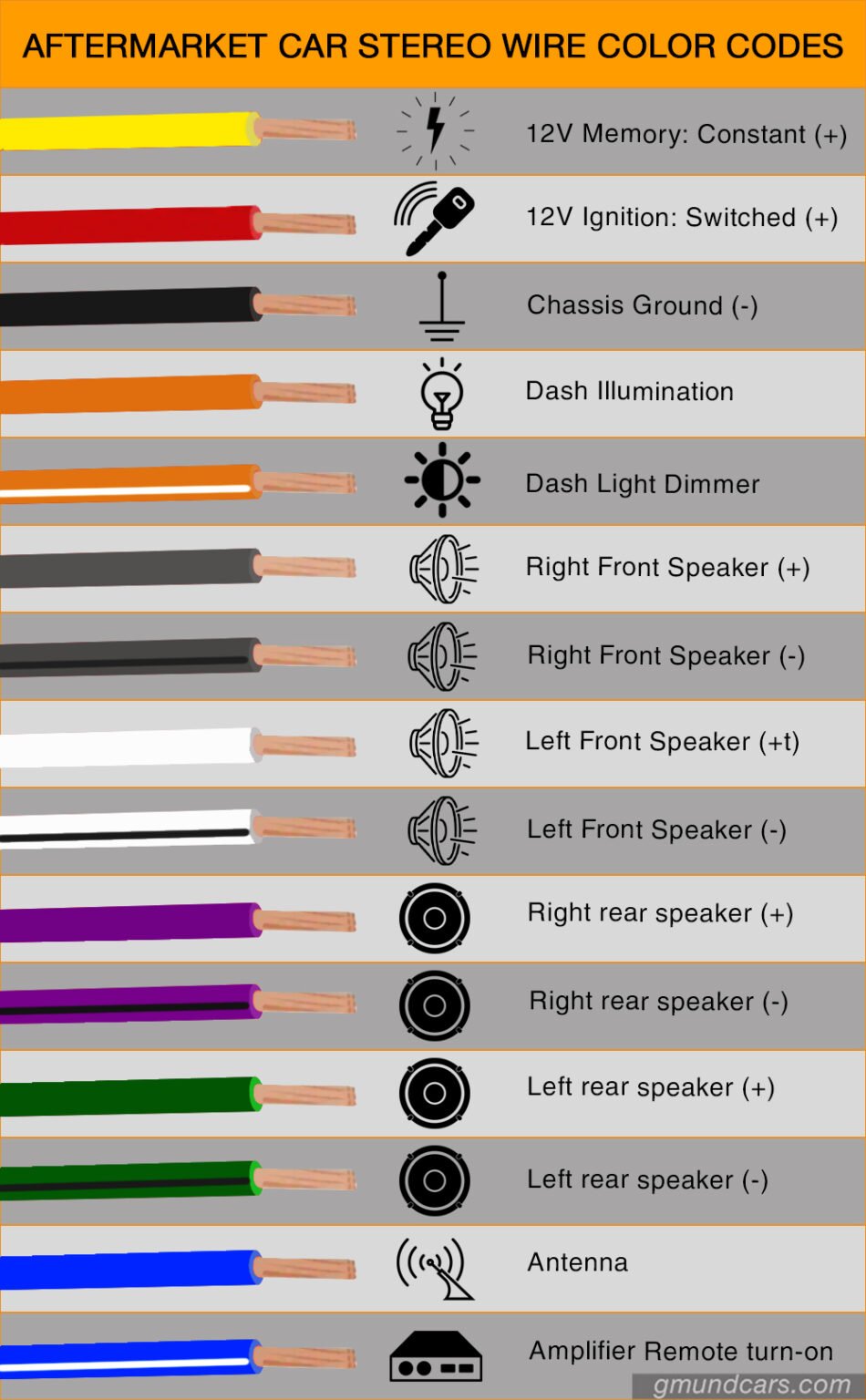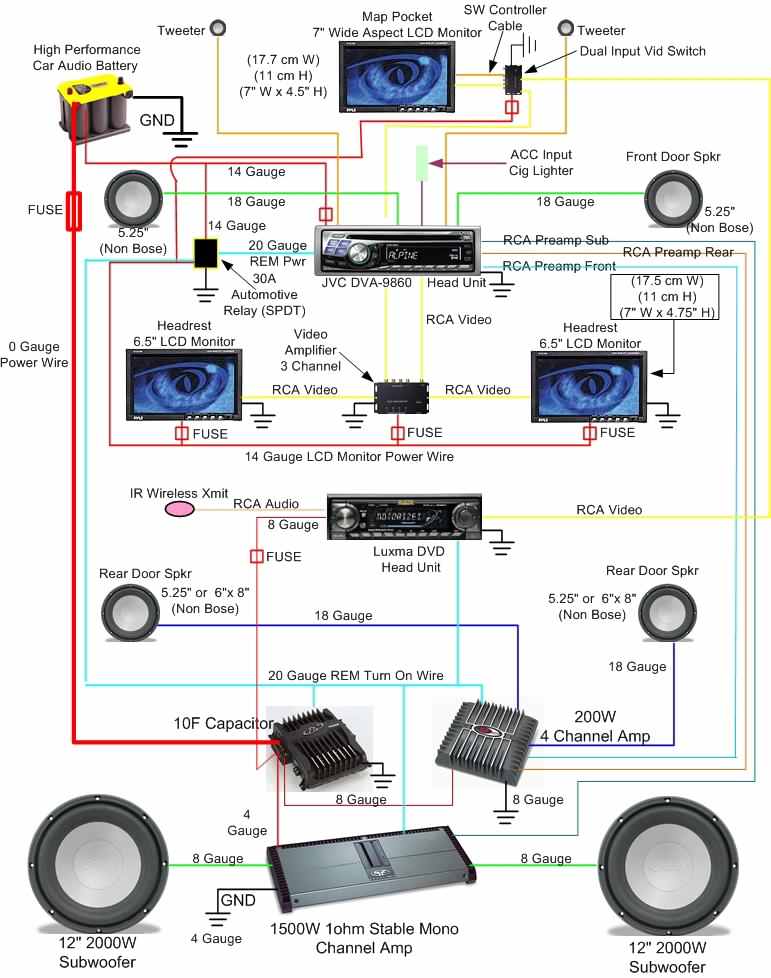Crank Up Your Ride: The Ultimate Guide to Car Audio Speaker Wire
Want to transform your car into a rolling concert hall? It all starts with the right foundation: your car speaker wire. You might think it’s a minor detail, but choosing and installing the correct speaker cables can dramatically impact your car audio system’s performance. This comprehensive guide dives deep into the world of car audio speaker wire, covering everything from choosing the right gauge to troubleshooting common issues.
Think of your car audio speaker wire as the arteries of your sound system. They carry the electrical signals that translate into the music you hear. Low-quality or improperly installed cables can constrict the flow of these signals, resulting in muffled sound, distortion, and even damage to your speakers. Investing in high-quality cabling and understanding proper installation techniques is crucial for maximizing your car audio investment.
Car audio speaker wire hasn't always been the sophisticated conductor it is today. In the early days of car audio, basic wiring was often sufficient for simpler systems. As technology advanced, so did the demand for cleaner, more powerful sound, driving the evolution of speaker wire technology. Today's car speaker cables are designed to handle higher power outputs, minimize signal loss, and withstand the harsh conditions of a vehicle's interior.
The primary function of automotive speaker wire is to transmit electrical signals from your amplifier or head unit to your speakers. The gauge of the wire, essentially its thickness, determines its capacity to carry these signals efficiently. Thicker gauges (lower numbers) are better suited for longer runs and higher power systems, minimizing resistance and ensuring optimal power delivery. Using the wrong gauge can lead to power loss and compromised sound quality.
One of the biggest issues related to car speaker wiring is incorrect gauge selection. Using a wire gauge that's too thin for your system can result in reduced power output, distortion, and overheating. Another common issue is improper installation, such as loose connections, damaged wires, or routing the cables near sources of interference, like power cables. These problems can lead to noise, signal degradation, and even system failure.
Benefits of Quality Car Speaker Wire:
1. Enhanced Sound Clarity: High-quality speaker wire with the proper gauge minimizes signal loss, resulting in cleaner, crisper sound reproduction across the frequency spectrum. Imagine hearing every note, every beat, exactly as the artist intended.
2. Increased Power Handling: Thicker gauge speaker cables can handle higher power outputs from your amplifier, allowing your speakers to perform at their peak without distortion or damage. This translates to louder, more dynamic sound without compromising clarity.
3. Improved System Longevity: Durable, well-insulated speaker wire protects against corrosion and damage, ensuring the long life of your car audio system. It’s an investment that protects your other components.
Action Plan for Installing Car Speaker Wire:
1. Determine the required gauge: Consider the power output of your system and the distance the wire will run. Online calculators can help determine the appropriate gauge.
2. Gather your materials: Acquire high-quality speaker wire, wire strippers, connectors, and electrical tape.
3. Route the wires carefully: Avoid running speaker wires near power cables to minimize interference.
4. Make secure connections: Use appropriate connectors and ensure tight connections to prevent signal loss.
5. Test your system: After installation, test your system thoroughly to ensure everything is working correctly.
Advantages and Disadvantages of Different Speaker Wire Types
| Type | Advantages | Disadvantages |
|---|---|---|
| CCA (Copper Clad Aluminum) | Lower cost | Lower conductivity, can corrode over time |
| OFC (Oxygen-Free Copper) | Excellent conductivity, resists corrosion | Higher cost |
Best Practices:
1. Use high-quality connectors.
2. Secure wires to prevent rattling.
3. Use the correct tools.
4. Test your system regularly.
5. Consult a professional if needed.
FAQ:
1. What gauge speaker wire do I need? - Depends on your system's power and wire run length.
2. Can I use home speaker wire in my car? - Not recommended due to different environmental requirements.
3. How do I prevent wire interference? - Keep speaker wires away from power cables.
4. What are the signs of a bad speaker wire? - Distortion, static, or no sound.
5. How do I connect speaker wire to my amplifier? - Use appropriate connectors and secure them tightly.
6. How do I choose the right speaker wire? - Consider gauge, material, and insulation.
7. How often should I replace my speaker wire? - Replace if damaged or corroded.
8. Where can I buy car speaker wire? - Electronics stores, online retailers.
Tips and Tricks: Label your wires for easy identification. Use heat shrink tubing to protect connections.
Choosing the right car audio speaker wire is essential for achieving optimal sound quality in your vehicle. By understanding the importance of wire gauge, proper installation techniques, and troubleshooting common problems, you can transform your daily commute into a concert-quality listening experience. Investing in high-quality car audio speaker cables and following best practices ensures your system performs at its peak for years to come. Take control of your car audio destiny and upgrade your speaker wire today. Don't settle for mediocre sound when you can experience the full potential of your car audio system with the right cabling. It’s a simple upgrade that makes a world of difference.
Uniting the clan hilarious family group chat names
Dominate the gridiron with football lineman svg free
Decoding the viral phenomena the old man looking at phone meme














